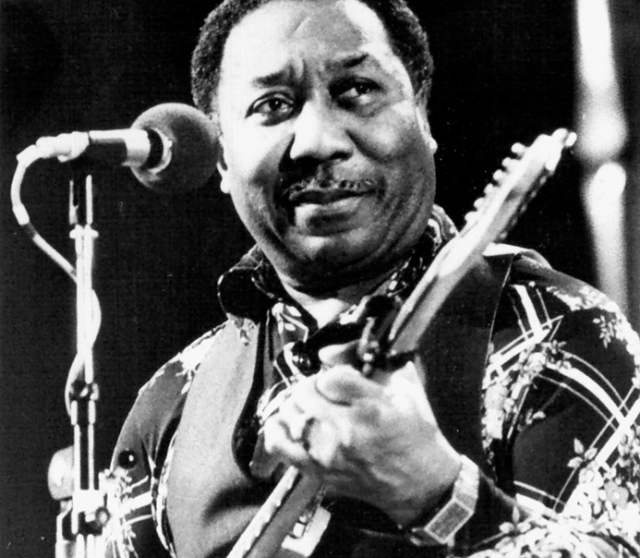Muddy Waters: from migrant to music icon
Historian article

Matt Jux-Blayney explores the impact of the blues singer Muddy Waters against a backdrop of significant social and racial change in the United States of the mid-twentieth century.
On 3 July 1960, a man from Mississippi was introduced onto the stage of the Newport Jazz Festival in Rhode Island. He was wearing a black suit, white shirt, white tie, and white shoes. His hair was straightened, and set in the ‘conk’ style popular at the time amongst African American men. Onstage, his band was waiting for him, dressed in contrasting white suits. The singer and his band were accustomed to singing in the lively, smoke-filled, nightclubs frequented by the black community of Chicago’s South Side. But here they were in the sunshine, on a Sunday afternoon, playing to an overwhelmingly white, middle-class audience. In 2023, a black singer playing for mixed audiences would not be considered controversial. In the United States of 1960, it was extraordinary. It would not have been permitted in the segregated Southern states, including Mississippi. Support for segregation in the South remained steadfast...
This resource is FREE for Student HA Members.
Non HA Members can get instant access for £2.49

